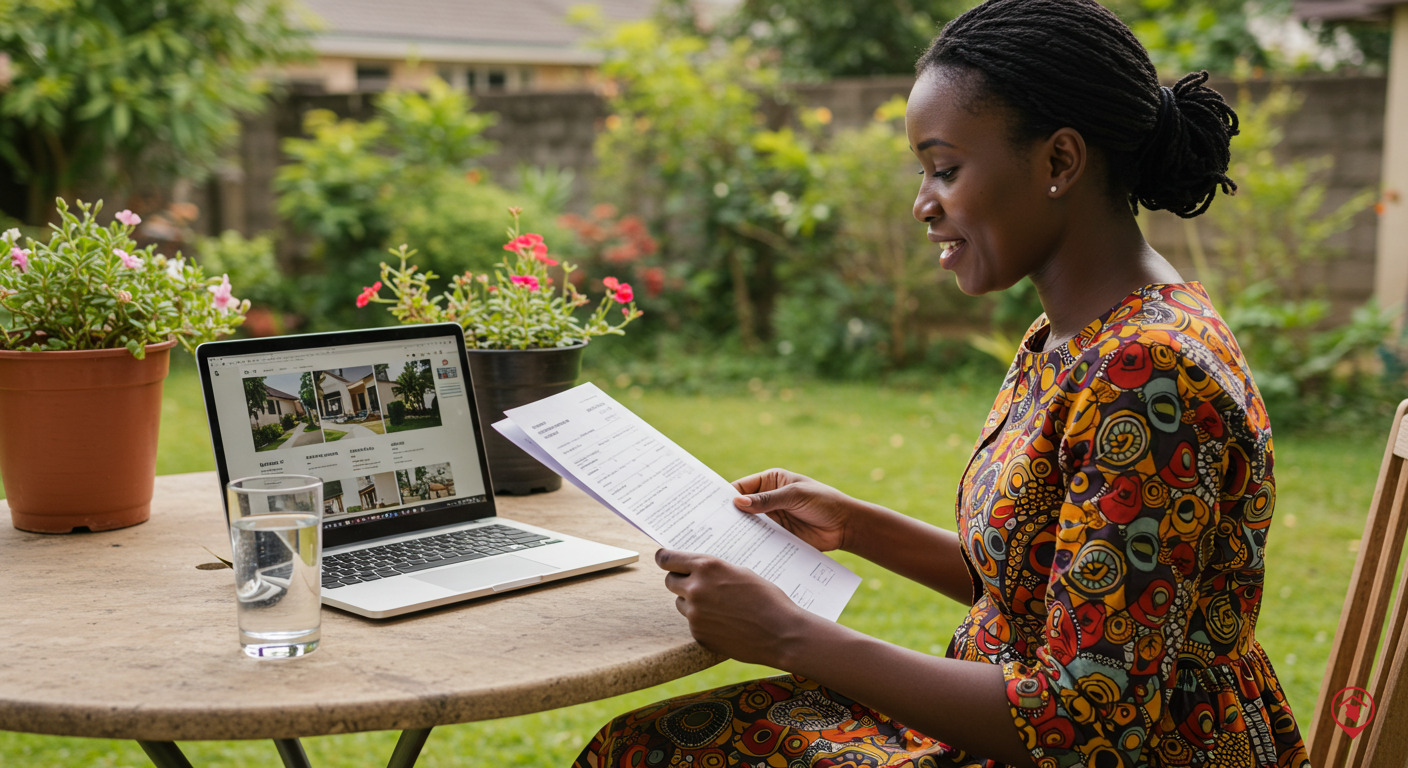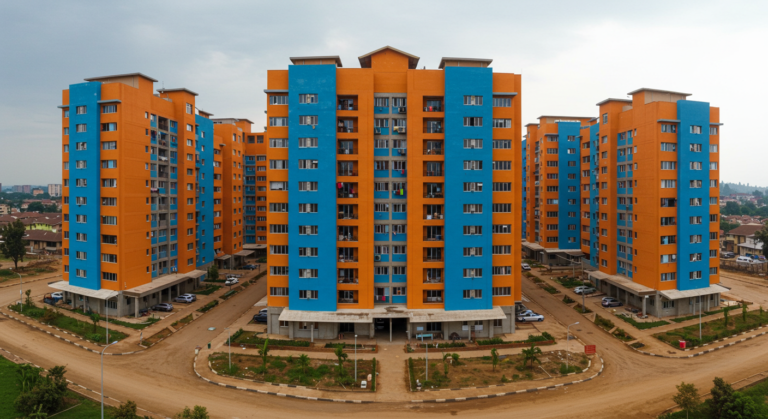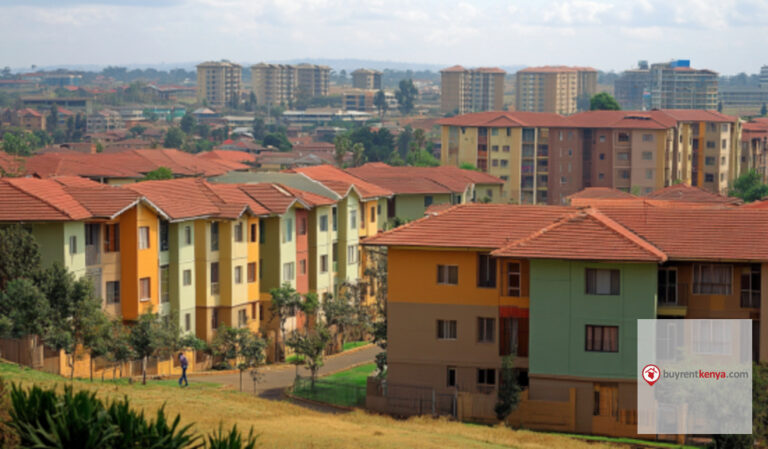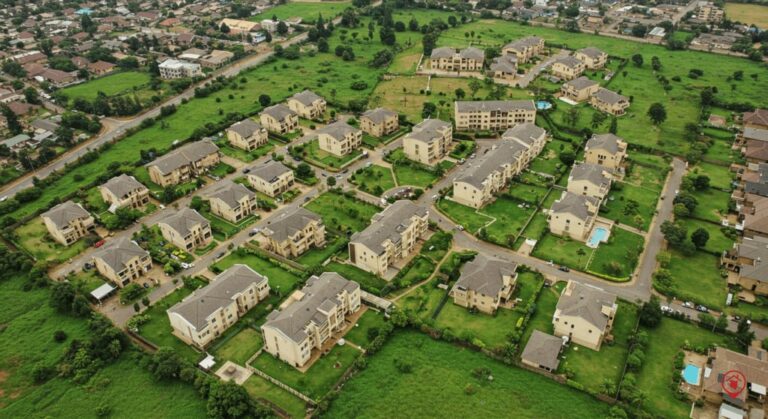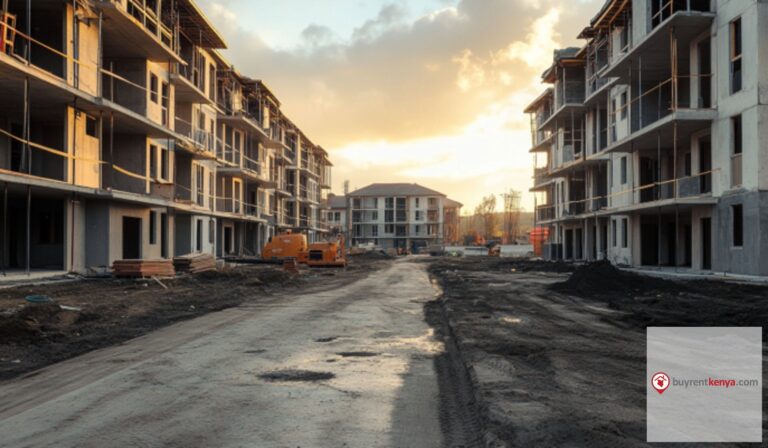From Dream to Doorstep: Your Homebuying Checklist in Kenya
- By the time you’re seriously thinking about buying a house, chances are you’ve already pictured your ideal home.
- Before diving into listings or site visits, take time to clarify your purpose.
- The Kenyan real estate market is dynamic, and prices can vary widely across neighbourhoods.
By the time you’re seriously thinking about buying a house, chances are you’ve already pictured your ideal home. You’ve thought about the location, the size, and your non-negotiables, whether it’s proximity to good schools, reliable infrastructure, or easy access to work. You’ve probably spent hours researching, scrolling through listings, and comparing neighbourhoods.
But even with all that research, the actual process of homebuying in Kenya can feel overwhelming. From financing to paperwork to legal checks, there are many moving parts and missing just one step can delay your dream or cost you more than you expected. That’s why we’ve created this practical checklist to guide you from dream to doorstep.
READ ALSO: A Step-by-Step Guide to Buying a House in Kenya
Understand Why You’re Buying
Before diving into listings or site visits, take time to clarify your purpose. Are you buying a home to live in, investing for long-term capital growth, or planning to rent it out for passive income? Your motivation influences key decisions like location, property type, financing, and long-term strategy. For example, if you’re looking for a rental, you might prioritise areas with high rental demand, while if you’re buying for your family, safety and schools might be top of mind.
Set a Realistic Budget
It’s easy to focus solely on the property’s asking price, but the real cost of homeownership includes several hidden expenses. Start by establishing how much you can comfortably afford. This includes your deposit (usually 10–20% of the property price), stamp duty (typically 4% in urban areas and 2% in rural areas), legal fees, valuation costs, and possible renovation or furnishing expenses. Use a mortgage calculator to estimate monthly payments and consult with lenders early to explore financing options. Getting pre-qualified helps you shop within your budget and shows sellers you’re serious.
Research the Market
The Kenyan real estate market is dynamic, and prices can vary widely across neighbourhoods. Take time to understand current market trends—are prices rising, stable, or dropping in your preferred area? Are there upcoming infrastructure developments like new roads or malls that could impact value? Browse trusted real estate platforms like BuyRentKenya and speak to registered agents to get a clear picture. Compare listings, visit open houses, and dig into developer reputations if you’re considering an off-plan unit.
Visit Properties In-Person
Online listings are a great starting point but nothing beats seeing a property for yourself. Visiting in person gives you a true sense of the space, lighting, finishes, and the overall vibe of the neighborhood. It also allows you to assess practical things like water pressure, noise levels, security, and general upkeep. If possible, visit at different times of day to get a fuller picture, and don’t hesitate to ask about service charges, utilities, and the neighbourhood community.
Conduct Legal Due Diligence
This is one of the most important, and often overlooked steps in the home-buying journey. Always engage a qualified lawyer to carry out a title search at the Ministry of Lands and verify the property’s legal status. Ensure the seller has the legal right to sell and that there are no encumbrances, disputes, or unpaid land rates. If buying from a developer, confirm approvals from local authorities and check whether the land is freehold or leasehold. A solid legal process protects you from future headaches.
Secure Your Financing
If you plan to use a mortgage, finalise pre-approval with your preferred lender. Compare loan terms across banks—look at interest rates, repayment periods, processing fees, and early repayment penalties. Popular lenders in Kenya include NCBA, ABSA, KCB, and HF Group. Make sure you have your deposit ready and ensure your income documentation and credit history are in order to streamline the approval process.
Make an Offer and Negotiate
Once you’ve found the right property and are confident about its legal status, it’s time to make an offer. Negotiation is expected so, discuss the price, payment timelines, and what’s included (e.g., fixtures or appliances). Once both parties agree, your lawyer will draft a Sale Agreement. At this point, you’ll typically pay a deposit to secure the deal. Always ensure funds are paid into an escrow account or directly to the seller’s advocate to protect your interests.
Complete the Transfer Process
With the sale agreement signed and the deposit paid, the legal transfer of ownership begins. Your lawyer will prepare the necessary documents and submit them for processing. You’ll need to pay stamp duty and any remaining fees. Once the Ministry of Lands processes and registers the transfer, the title deed will be officially in your name. This process can take several weeks, so patience and consistent follow-up are key.
Prepare to Move In
Now that the property is officially yours, it’s time to get ready for the big move. You might want to handle renovations, repainting, or repairs before moving in. Arrange for utility connections—electricity, water, internet, and garbage collection. Consider installing security systems or changing locks for peace of mind. If the property is for rental income, you can now begin marketing or hand it over to a trusted property manager.
Conclusion
Becoming a homeowner is no small feat, especially in a complex market like Kenya’s. Whether you bought for your family, for investment, or for your future, take a moment to celebrate the journey. You’ve navigated the paperwork, made tough decisions, and crossed the finish line. Your dream is no longer just a dream—it’s now your doorstep.
READ ALSO: What To Consider When Buying a Home for The First Time

